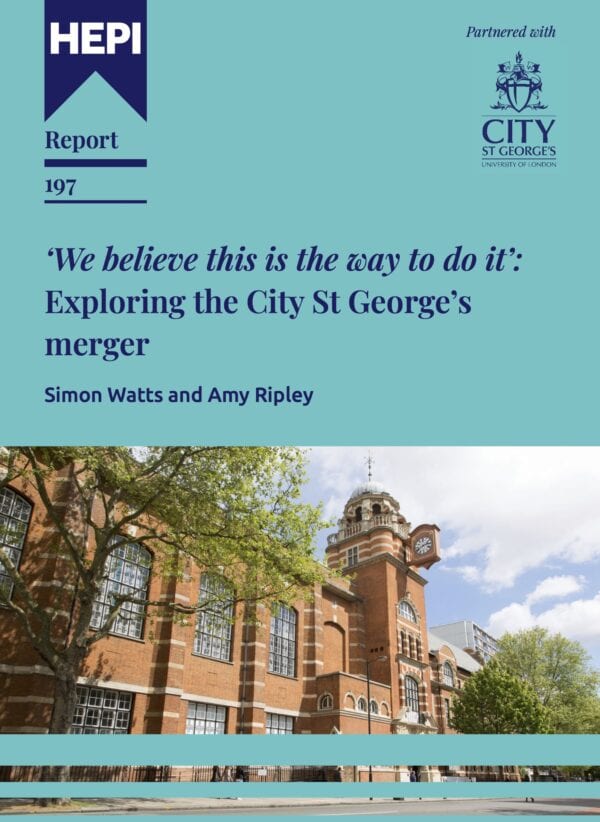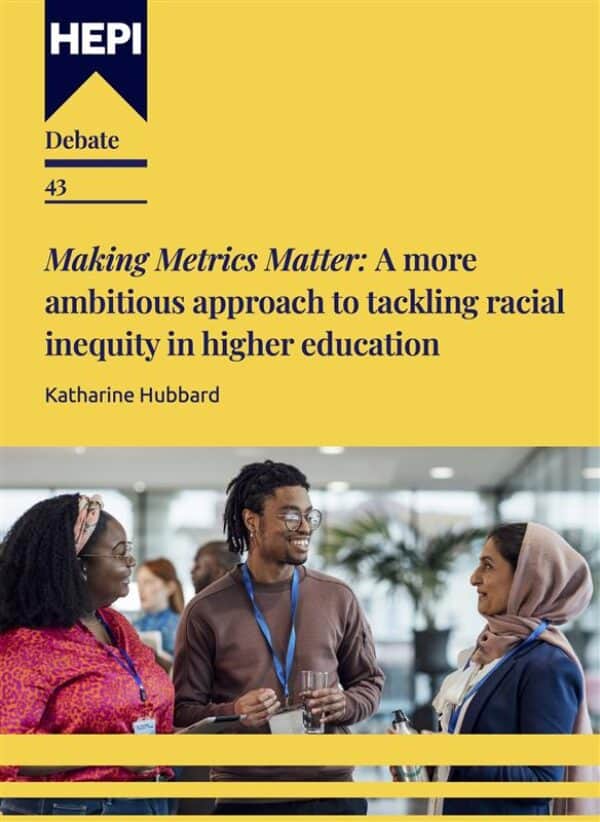Think Like a Linguist: It’s time for a national conversation about the value of languages
This guest blog was kindly authored by Dr Charlotte Ryland, Director of the Translation Exchange.
‘Languages are not just a skillset, they’re a mindset.’
I still remember where I was when a teacher friend made this comment, a few years ago, because it highlighted something I’d been worrying at for a long time. I felt that languages education for young learners undervalued the process of language learning itself, by underrating what it means to be a linguist. That value needed to be completely reframed: to move far beyond the notion that language learning gives you a set of useful communicative skills – the ‘utility argument’ – towards a more holistic and ambitious vision of the linguist’s mindset.
Fast forward to this summer, and a HEPI report by Megan Bowler highlighted a programme that I co-founded as doing just that: ‘[Think Like a Linguist offers] 12-13 year olds clear demonstrations of the value of a linguistic “mindset” and its real-world applications’.
That notion of the ‘real-world application’ is essential to how we think and talk about language learning and needs unpicking. I founded a languages outreach and advocacy centre (based at The Queen’s College, Oxford) because I was frustrated by existing languages outreach mechanisms run by universities. This frustration came in part from what I perceived as an over-emphasis on precisely those ‘real-world applications’: the outreach programmes I encountered tended to rely heavily on imagined futures – Keep learning your vocab and practising your grammar, then you’ll see! A life of travel, international business careers, slightly higher salaries awaits you! Yet this approach did not seem to be working for the year groups whose minds needed to be changed.
The cliff-edge for languages – in England and Wales – is now GCSE options, with over 50% of pupils opting out at the age of 13/14, i.e. at their first opportunity to do so. Languages presents university outreach with a special case, then: with a need to engage much younger learners than has traditionally been the case. Ideally, we start at upper primary and focus on lower secondary school learners, before pupils begin to think seriously about their GCSE options. My approach to working with this demographic has been to take a ‘show, not tell’ approach – to involve learners from age 8 in rich, creative, cultural activities that enable them to experience first-hand the pleasure and purpose of being a linguist.
That focus on showing is key to how we should treat the real-world applications, too. It is not enough to give pupils a learning experience based solely on communicative skills, while trying to tell them that this education will secure them a good job in our competitive, AI-soaked 21st-century economy. They don’t buy it, and the uptake statistics for formal language learning bear this out. Instead, we need to show those learners how relevant and in-demand the ‘linguistic mindset’ they develop will be, by integrating into the learning experience the broadest conception of what it means to be a linguist.
Higher Education institutions can do this. And they’ll do so much more effectively if they work together. They have access to a huge community of language graduates, who have between them generations of experience in the widest range of professions. With this community, the broadest conception of the linguistic mindset becomes tangible. In my experience, it falls into your lap the minute you ask one of these graduates about the impact of their languages education on their career path and life experience.
A standard response runs like this: they move quickly through the frontline benefits around communication in other languages – taking them as a given – and light instead on what Bowler refers to as ‘the irreplaceable advantages of the “linguistic mindset”’. For a lawyer, it includes the capacity to cope with frustration, to tolerate and work through uncertainty; for a consultant, it is being able to build trusted relationships and read between the lines. A civil servant might reference their ability to synthesise and analyse a large amount of information, seeking out potential biases and multiple perspectives. The list goes on and is underlined by the striking words of a 13-year-old participant in Think Like a Linguist: ‘I learnt that there is more to languages than speaking and listening. It’s also about thinking in your own way.’
If we have access to a form of education that stands to raise a generation of individuals able to think for themselves, and to do so on the global stage, then what are we waiting for?
The readiness of languages graduates to share these insights is one of the sector’s greatest assets. We need a national conversation about the value of languages for individuals and for society, fuelled by these stories and taking full account of the challenges currently being set us by AI. Duolingo have set us on an excellent path, with evidence in their user statistics and polling that the UK is a country of languages enthusiasts. As Duolingo’s UK Director Michael Lynas notes in his introduction to Bowler’s report, we need not be dogged by the negativity that often frames conversations about languages: instead, we must build on the tangible positives.
For this national conversation to make an impact, collaboration will be key. Shared learning from effective university outreach programmes to date can provide a basis for this conversation. And The Languages Gateway, a new cross-sector initiative dedicated to collating resources and supporting strategic collaboration, can host it. Further backing for this national conversation from higher education institutions and central government will support the Gateway in its work to raise the national profile of languages to where it belongs: delivering ‘irreplaceable’ value to 21st-century global Britain.







Comments
Caroline says:
As a former schoolteacher (now teaching languages to adults) and parent of two teenaged duolingo fanatics, I believe the decline is due to the way languages are now taught in schools. Teenagers love languages, but are giving them up at school for this reason. Gone are the stimulating hands-on cultural activities and colourful textbooks we all loved; now most lessons are as they are in most subjects- endless dry PowerPoints and yet more staring at a screen.
Reply
Jonathan Alltimes says:
Is the subtext of the article the viability of university language departments? What does the scientific research say about language acquisition? The use of individualised computer-assisted learning is likely to dispense with teaching languages by school teachers. It then becomes a matter of formal assessment for the purpose of study at degree level. Getting by in speaking will be enough for most people. What motivates people to learn languages using apps? When I was a schoolboy, I was not motivated to learn French. For three and then four 50-minute periods every week for five years, I found it arduous to learn the vocabulary, pronunciation, and grammar using the abstract approach of memorising elements with examples and then assembling it all into a whole meaning, when I did not have command of my native language, but I was interested in the French way of life and still am.
Reply
Add comment